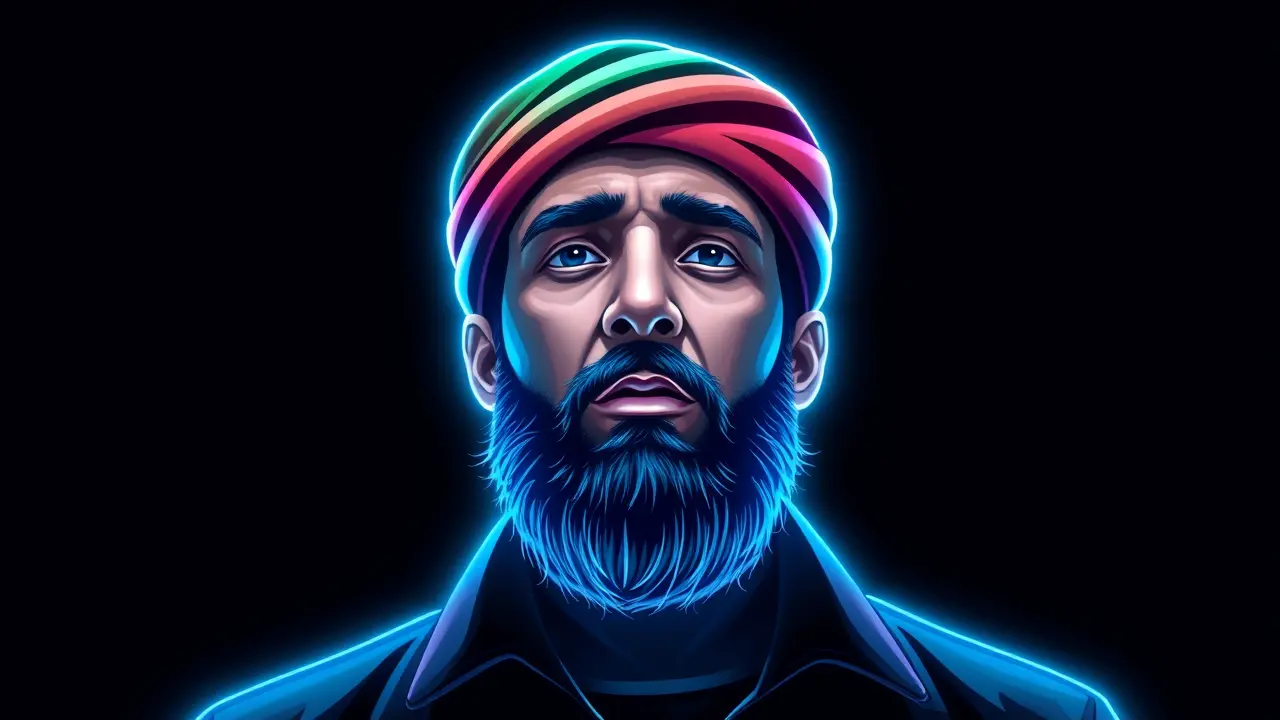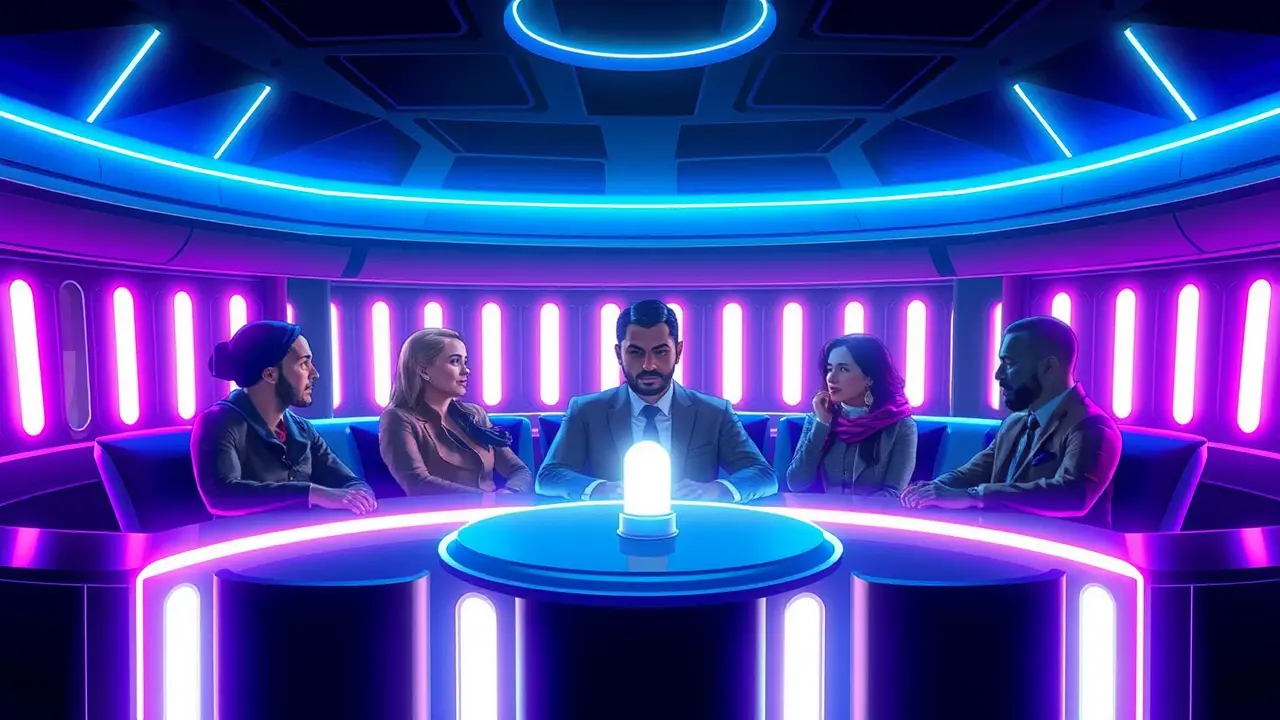
Politicshuman rightsPolitical Prisoners
Gaddafi's Son Freed After Decade in Lebanese Custody.
OL
Oliver Scott
6 hours ago7 min read
The release of Saif al-Islam Gaddafi, the once-presumed heir to the Libyan dictatorship, from a decade of detention in Lebanon represents not merely a judicial outcome but a significant geopolitical shockwave with unpredictable aftershocks. Seized in 2015 by Lebanese authorities in a move widely seen as a political pawn in the complex proxy wars of the Middle East, his detention without trial for ten years was a glaring anomaly in international law, a testament to the volatile intersection of Lebanese domestic strife and regional power plays.His freedom, secured not through a formal legal verdict but reportedly through back-channel negotiations, immediately recalibrates the risk matrix for Libya's already fractured political landscape. Analysts are now scrambling to model scenarios: does his return signal a consolidation of power for certain militias backing his family's legacy, or does it introduce a new, wildcard element into the stalled peace processes? The immediate consequence is a direct challenge to the UN-backed Government of National Unity in Tripoli, which has struggled to exert control beyond the capital.Gaddafi's enduring tribal support in central and southern Libya, combined with his symbolic weight as the last prominent figure of the old regime, provides a potent rallying point for disparate anti-government factions. This development must be viewed through the lens of escalating foreign interference, with regional powers like Egypt and the UAE, who have historically supported anti-Islamist factions, potentially seeing a rehabilitated Gaddafi as a bulwark against Turkish-influenced groups.Conversely, his potential re-emergence on the political stage could trigger violent backlash from rival militias, plunging the country into a new cycle of conflict just as it teetered on the brink of a fragile ceasefire. The Lebanese angle is equally critical; his capture was inextricably linked to the disappearance of Lebanese Shia cleric Musa al-Sadr in Libya in 1978, a wound that has festered in the Lebanese political psyche for decades.His release, therefore, is not an isolated event but a node in a complex web of transnational grievances and alliances, suggesting a possible, unspoken deal between powerful actors in Beirut and Tripoli. For risk assessors, the primary question is no longer about his innocence or guilt regarding war crimes—for which he remains wanted by the International Criminal Court—but about the stability premium for the entire Mediterranean region. The sudden removal of this long-standing pressure valve in Lebanese-Libyan relations could either de-escalate a persistent point of tension or, more perilously, open a new front of instability, demonstrating once again how the unresolved fate of a single individual can hold nations hostage to the ghosts of their past.
#Gaddafi son
#Lebanon
#detention
#release
#Libya
#political prisoner
#featured
Stay Informed. Act Smarter.
Get weekly highlights, major headlines, and expert insights — then put your knowledge to work in our live prediction markets.
Related News
© 2025 Outpoll Service LTD. All rights reserved.












